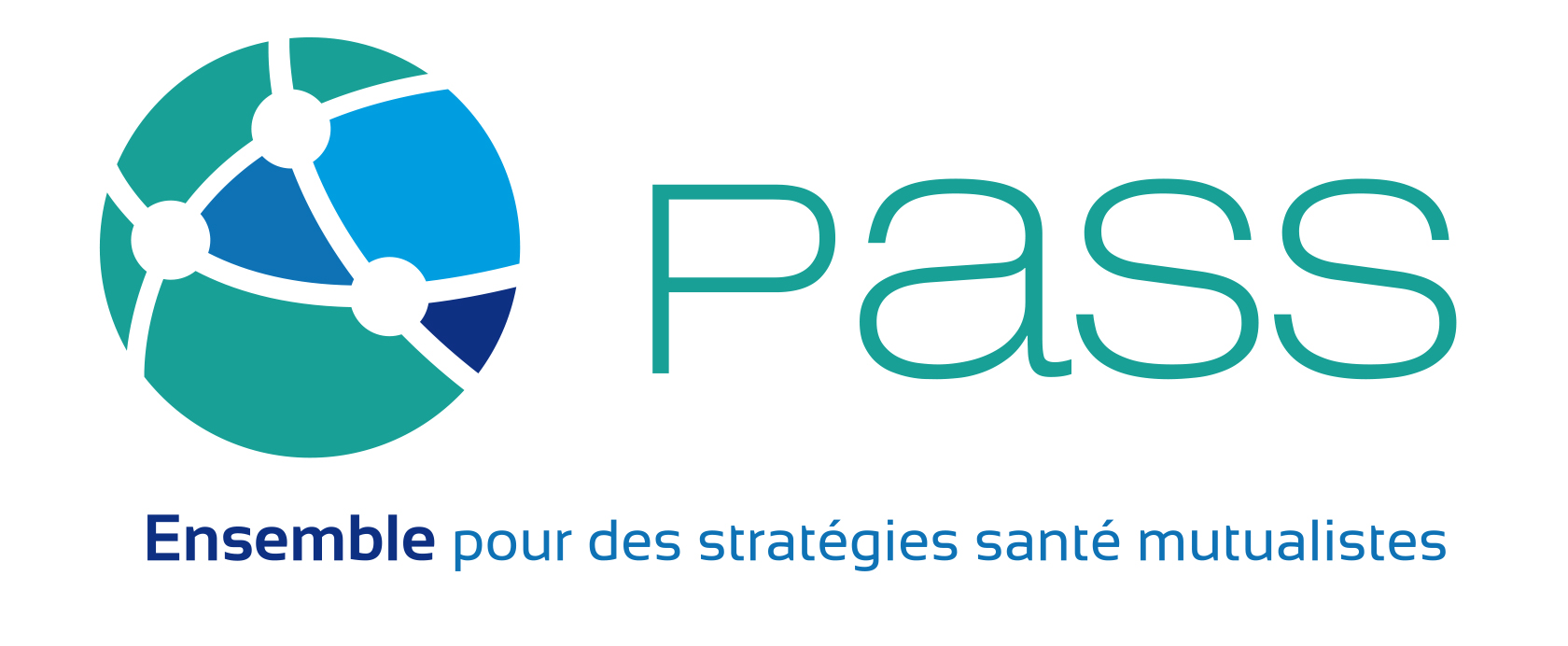In late October 2014, the Education and Solidarity Network (ESN) mission to Senegal and Ivory Coast confirmed the main areas of cooperation with PASS in West Africa.

PASS [Programme d’Appui aux Stratégies mutualistes de Santé] is a programme to support mutual society-based health strategies. It supports mutual society stakeholders in the eight member states of the West African Economic and Monetary Union (UEMOA): Benin, Burkina Faso, Ivory Coast, Guinea-Bissau, Mali, Niger, Senegal and Togo. PASS aims to promote the mutual society movement in the subregion to ensure it is given priority in the current developments to the social protection floors. Providing genuine project owner assistance, PASS enables partnerships to be forged between African and French mutual society stakeholders.
In Ivory Coast, where PASS is based, the Universal Health Coverage Act was passed in March 2014. In Senegal, where PASS also operates, the president Macky Sall officially launched UHC in September 2013. In Burkina Faso, the Universal Health Insurance Act was about to be passed.
The ESN has a real role to play in these developments alongside PASS. Through its members, the ESN is able to mobilise teachers in the subregion to work on:
- educating the education community on disease risk prevention and raising awareness of the mutual society model and social health protection;
- increasing teachers’ awareness of occupational diseases and the development of professional mutual societies for the education sector coordinated with existing healthcare coverage schemes.
In Senegal for example, the government is using mutual healthcare societies to develop basic UHC in rural areas and for the casual sector. Its slogan is: ‘at least one mutual health society per local authority’. In order to achieve the goal it has set itself (75% of the population covered by 2017), the government must encourage large numbers of people to join these mutual health societies. Two levers are used for this purpose:
- State-subsidised contributions at a rate of 50% for households which are able to contribute to mutual societies and 100% for vulnerable groups (‘destitute people’).
- An awareness-raising plan focused on the mass media and public communication campaigns.
In this context, the ESN has contributed a different yet complementary approach, which is anchored in the education sector in partnership with civil society and education community stakeholders.




